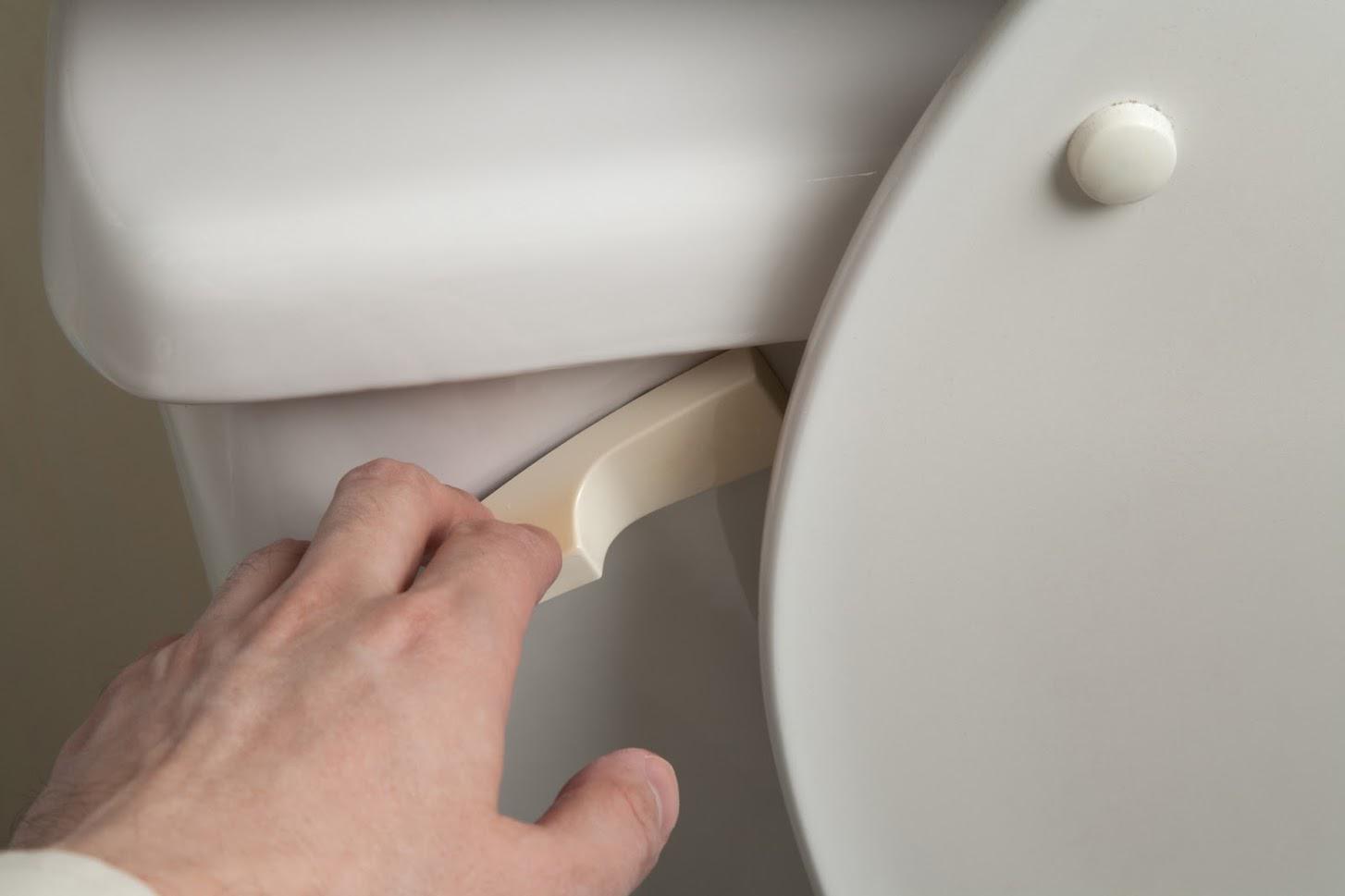Understanding Your Septic Tank's Bacteria and Enzymes
Your
septic tank contains a whole ecosystem of living organisms that help
it operate as it should. As living organisms, the bacteria in your
tank can sometimes need a little help to do their job. Understanding
how things should happen in your septic tank can help you also
understand when the bacteria in your tank have a problem.
What Bacteria and Enzymes Do to Help Your Septic Tank
Large colonies of bacteria and enzymes in your septic tank keep the tank from backing up or overfilling. These colonies develop naturally. Under ideal circumstances, the bacteria and enzymes in your tank will rarely need any help to do their jobs.
Enzymes go to work on the scum, and bacteria goes to work on the sludge. The microbes eat the waste and convert large portions of it into liquids and gases. This process allows the septic tank to push the now-treated wastewater out to the drainfield.
What You Do to Negatively Affect the Septic Tank Balance
These living colonies keep your septic tank in balance, but they're also at the mercy of several things that can weaken them or their effectiveness. Usually, the bacteria in your septic tank can maintain themselves and continue to do their job. Nevertheless, people can easily upset that balance in many ways.
Putting Things in the Drain the Bacteria Struggles With
Watch what you flush or put into your drains. The bacteria in your tank can only eat solid waste so fast. If you put too much into the tank too fast, the bacteria can't keep up.
Instead of knowing all the things you shouldn't put in your drains, just know what's safe for your plumbing and septic system. The only things you should ever send through your pipes are wastewater and toilet tissue.
Sometimes, certain things entering your drains are unavoidable. One thing to keep in mind is to limit the amount and types of solids you drain or flush. The more solid the material, the harder it becomes for the septic tank bacteria to get rid of it.
Putting Things in the Drain That Destroys the Bacteria
You can easily kill the bacteria in your drain in several ways. If the bacteria die, you'll have nothing in the tank to break down waste. With fewer bacteria and enzymes, your septic tank will overfill with sludge, scum, waste, effluent, and all the nasty stuff you probably don't want to see or smell.
Often, bacteria destruction occurs when you use toxic products or strong cleaners and allow them to enter your drains. Typically, the antibacterial products cause the most damage because these products specifically target microbes.
You can use your cleaning products, but you should show some restraint. Your bacteria colonies can regrow, but that can't happen if they're under constant attack.
Medications can also cause damaging reactions with your tank's bacteria and enzymes. Avoid disposing of medication in your toilet or sinks.
What Helps Your Septic Tank Bacteria Stay Healthy
Even if you watch what you do, the bacteria in your septic tank can still sometimes need help. Pumping your tank every few years can help the bacteria play catch-up if it becomes overwhelmed over time.
Additives, properly administered, can strengthen the microbes, help them get rid of stubborn solids, and aid in their growth.
You may also have issues affecting your tank's bacteria you have no control over. The best way to deal with any septic tank issue is to first contact a professional service. At Walters Environmental Services, we can handle septic tank inspection, cleaning, diagnosis, and repair. If you have any septic tank concerns or questions , contact us now.





